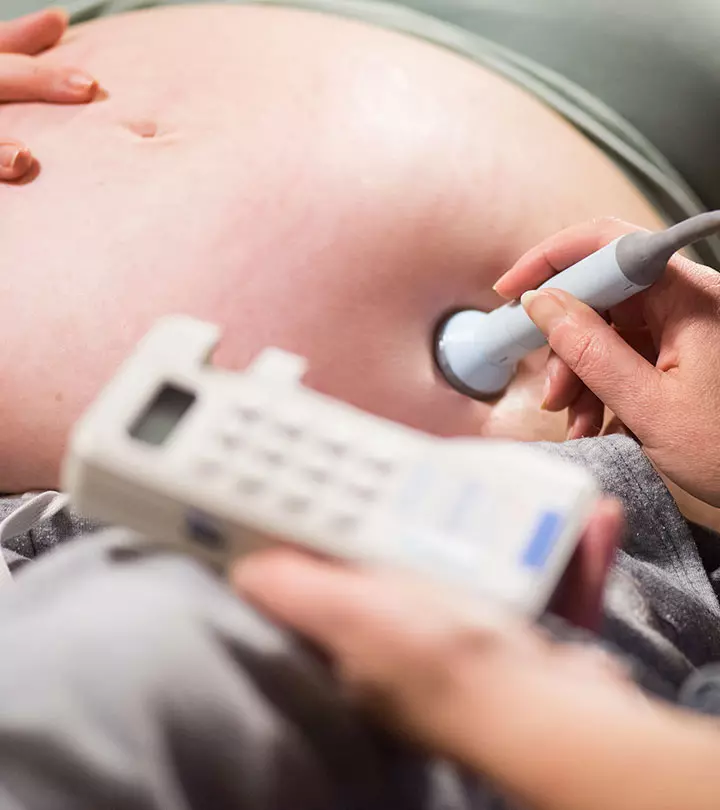
Image: iStock
When a fetal heart beat stops, we tend to call it a miscarriage. Miscarriages are common phenomena that an alarming percentage of women have to witness at some point in their lives. It’s a heartbreaking reality, but this can be especially difficult, both emotionally and physically, if you happen to have a personal experience with a miscarriage.
Most of the times it is not the fault of the mother. It is simply nature’s way of dealing with something that is not right. Fetal heartbeat tends to stop because the fetus is not capable of developing into a healthy, fully grown baby. If you are a victim of a miscarriage, you can use this article to help you better understand the reasons for miscarriages.
Most of the times, it is impossible to know the reason behind a miscarriage. The only times doctors are able to find out the reason for someone to have a miscarriage is if the person has a history of recurrences.
It is highly possible to find a heartbeat when you get an ultrasound for the first time but then not find one in a later ultrasound. Miscarriages mostly occur within the first 12 weeks of pregnancy [1].
The most common diagnosis of a miscarriage is signs of bleeding. This may be coupled with fever, back pain, abdominal pain and/or severe cramps. Another form of a miscarriage that is a lot harder to detect is known as a “missed miscarriage”[2].
A missed miscarriage occurs when the fetus passes away and the cervix is closed. During a missed miscarriage, there is no sign of bleeding. This makes it really hard to detect and can only be discovered weeks after the fetus has already passed away. Signs for a doctor to know if someone has suffered a miscarriage are: missing heartbeat in the ultrasound, spotting due to the deterioration of the placenta and fetus and severe cramps experienced by the mother.
Below are three different experiences from mothers who have experienced miscarriages:
1: Heartbeat stopped at 19 weeks
“I hadn’t felt my baby move for a while, so I went to the doctor to see what was wrong. It turns out my baby’s heartbeat stopped and she had her cord wrapped around her neck cutting off her blood supply. Even though we knew how it happened, it didn’t make it any easier. This was the hardest thing I have ever had to go through.”
2: Blood Clotting Disorder
“I was having a perfectly normal pregnancy and my baby was normal. I lost him at around 15 weeks and the doctor diagnosed me with a blood clotting disorder due to blood clots in my placental tissue. I was pregnant for more than a month after he died. My mother told me that she lost a baby at 20 weeks, but then she had me so it is possible to conceive and carry a baby to term after a miscarriage.”
3: Nature’s Way
“I had to come to the realization that my miscarriage was just nature’s way of taking care of something that went wrong with the pregnancy. It wasn’t easy. Miscarriage happens a lot within the beginning three months of pregnancy, and this is when my baby was forming. When I lost my baby, the most important thing for me was for people to just listen to my feelings and not tell me to think about “next time” or “trying again”. That is a horrible feeling because I was mourning the loss of my baby in the present time and they can’t be replaced with another.”
Miscarriages can be devastating to a family. If you are someone who has suffered one, then grant yourself and your body the time to heal physically and emotionally. Don’t push away your support system in the form of your partner, family or friends. If still struggle with the experience, go ahead and consult your doctor or a counselor for guidance.












